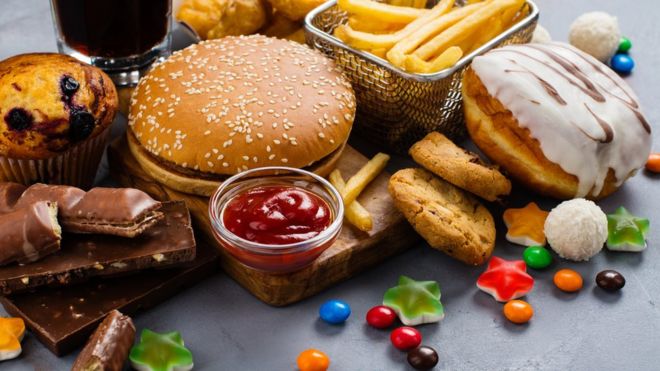Around 100 million people in America are suffering from High Blood Pressure or Hypertension. Blood pressure can be regulated by eating healthy and maintain a proper diet. Avoiding foods that increase the risk of high BP and consuming lean proteins, whole grains, legumes, fresh fruits, and vegetables can help minimize the effects. Here is a list of 5 Foods to avoid high blood pressure.
Salt (sodium)
Salt comes at the top of the food to avoid for high blood pressure list. Salt is very harmful to people with high blood pressure (hypertension) and heart diseases.
Canned tomato food, soups, frozen meat and pizza, juices, potato chips, and almost every fast food have a very high salt content. People with high BP should avoid eating too much food outside.
Sugar
Sugar is very harmful to people suffering from hypertension, diabetes, heart disease, and obesity. Avoid consuming soft drinks and carbonated drinks; they contain a lot of sugar. Men should not exceed 36 grams of sugar intake limit, and for women, the limit is 24 grams.
Alcohol
Too much alcohol consumption can increase your blood pressure. Alcohol is usually mixed with sugary soft drinks. Men should not have more than three drinks in a single sitting; it can cause a major rise in blood pressure. People with diabetes, obesity issues should also avoid drinking too much.
Chicken skin
People with hypertension problems should avoid consuming Trans fat and saturated fats. Red meat, butter, chicken, and dairy products are loaded with saturated fats. Packaged foods are high in trans fats, sugar, and carbohydrates. These can increase the risk of high blood pressure and heart diseases.
Pickles
Salt is used to preserve food and keep them edible for longer. Any vegetable can be kept in preserving liquids to prevent them from decaying. Pickles contain sodium in huge amounts. Too much pickle consumption can prove harmful and raise blood pressure.
Read More:- How much protein should you consume every day?

















